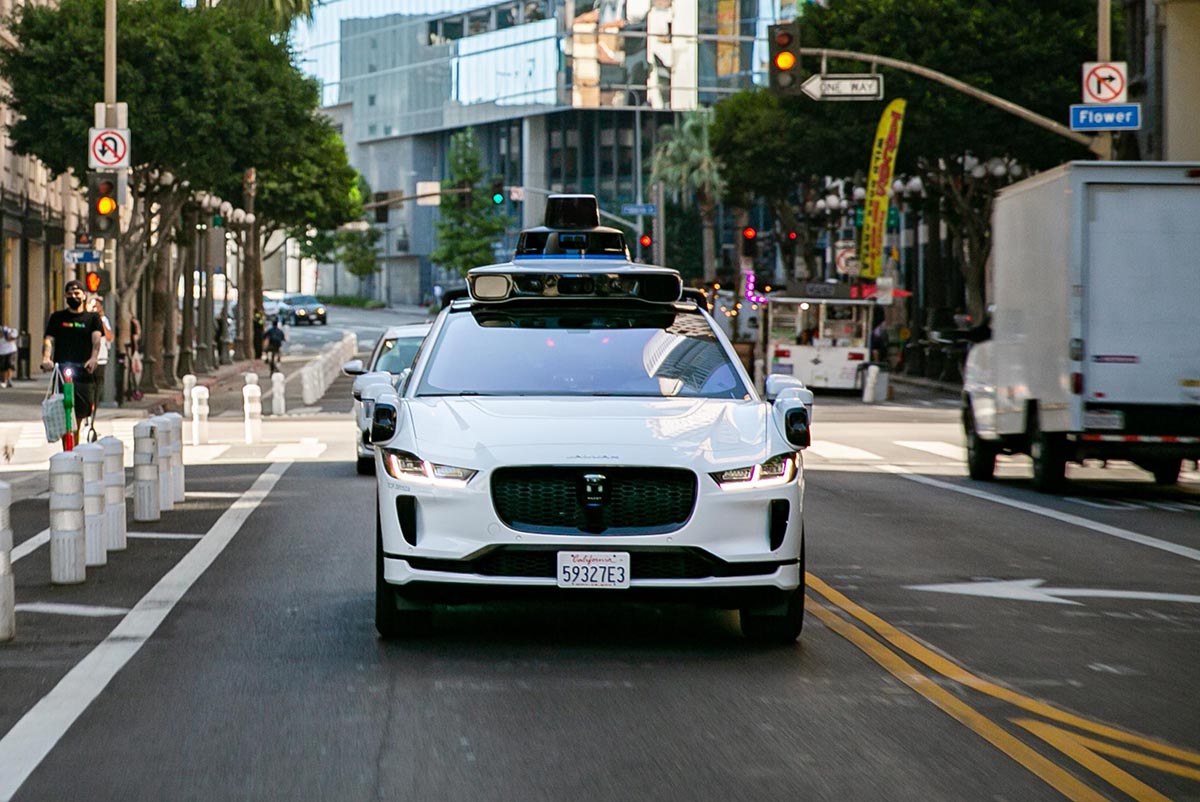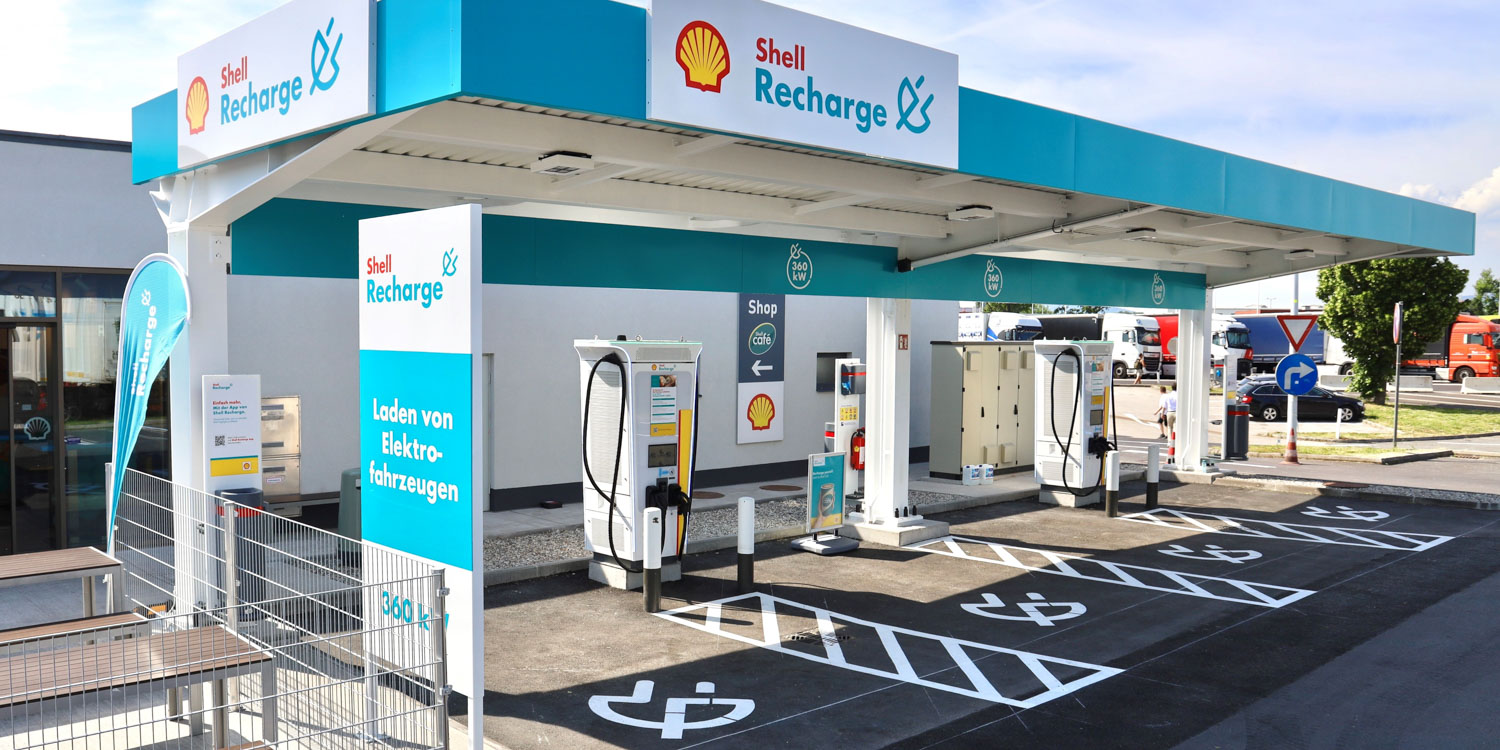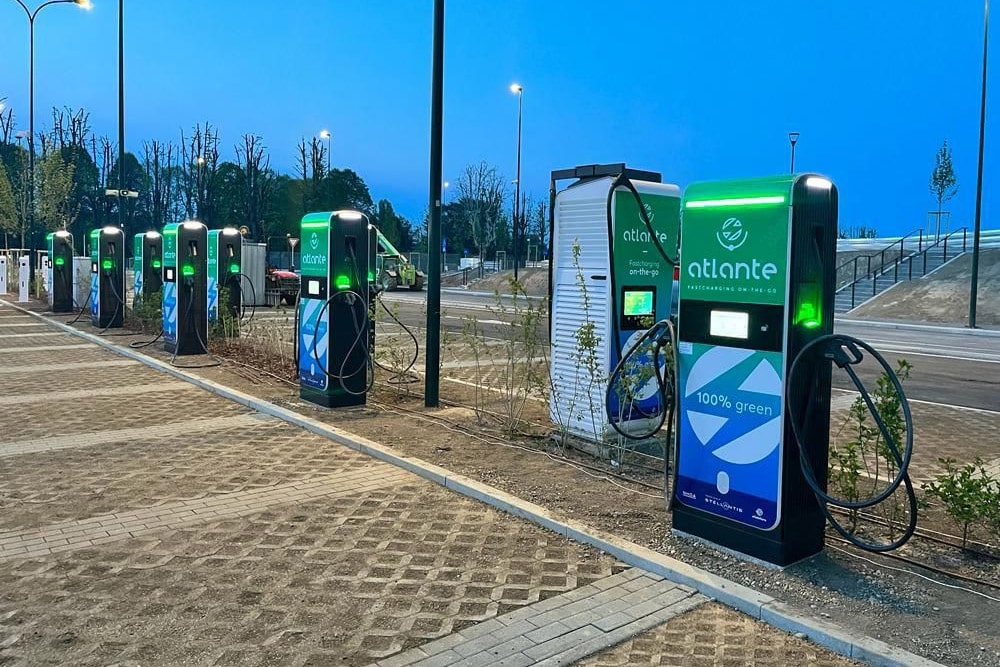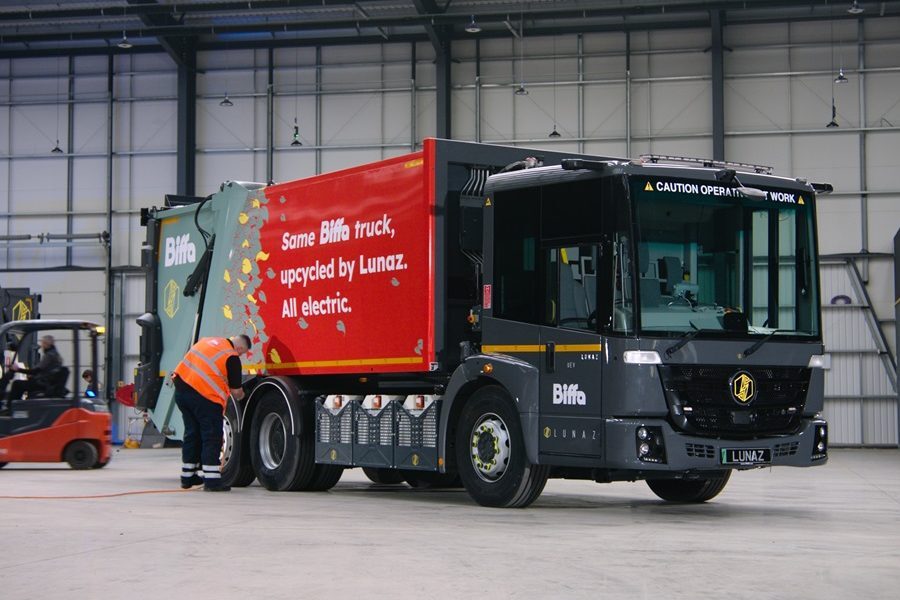Tesla has issued a recall for 6,557 vehicles due to safety concerns related to their pedestrian warning systems (PWS). The automaker stated that the PWS did not meet current safety standards after a factory reset of the affected cars. Tesla plans to update the vehicles with a new software revision to resolve the issue.
The problem came to light on February 6th when an investigation revealed an issue with the PWS on an internal fleet vehicle. Subsequently, Tesla discovered that the gain value of the PWS was incorrect and had been muted. The company initiated an investigation to determine the extent of the issue and identified the problem in Teslas equipped with an Intel Infotainment processor.
It was found that affected vehicles with this processor were running software version 2023.32 or newer, but excluded a release that included a fix for this issue. Upon factory reset, these cars would revert to the incorrect PWS gain setting, resulting in muted sound once again.
On February 12th, Tesla began a software update to address the problem in affected vehicles, and on February 20th, it issued the recall. Notably, the recall affects all cars in the Tesla lineup except for the original Roadster and the Cybertruck.
Specifically, the recall includes the Model S, including the 2013 model year, and model years 2018 through 2021. The Model X from 2020 and 2021 is also affected, as well as the Tesla Model 3 from 2018 through 2022 and the Model Y from 2020 through 2022.
Tesla did not provide detailed breakdowns for each case, so it is unclear how many of each model are affected within the total population of 6,557 vehicles. However, the company acknowledged receiving 49 warranty claims related to the issue.
The software fix demonstrates one of the benefits of over-the-air updates. Owners of affected vehicles only need to install OTA software release 2023.44.30.14 or a later release. No service visit is necessary, and no further action is required from owners whose vehicles are equipped with software release 2023.44.30.14 or a later software release.







